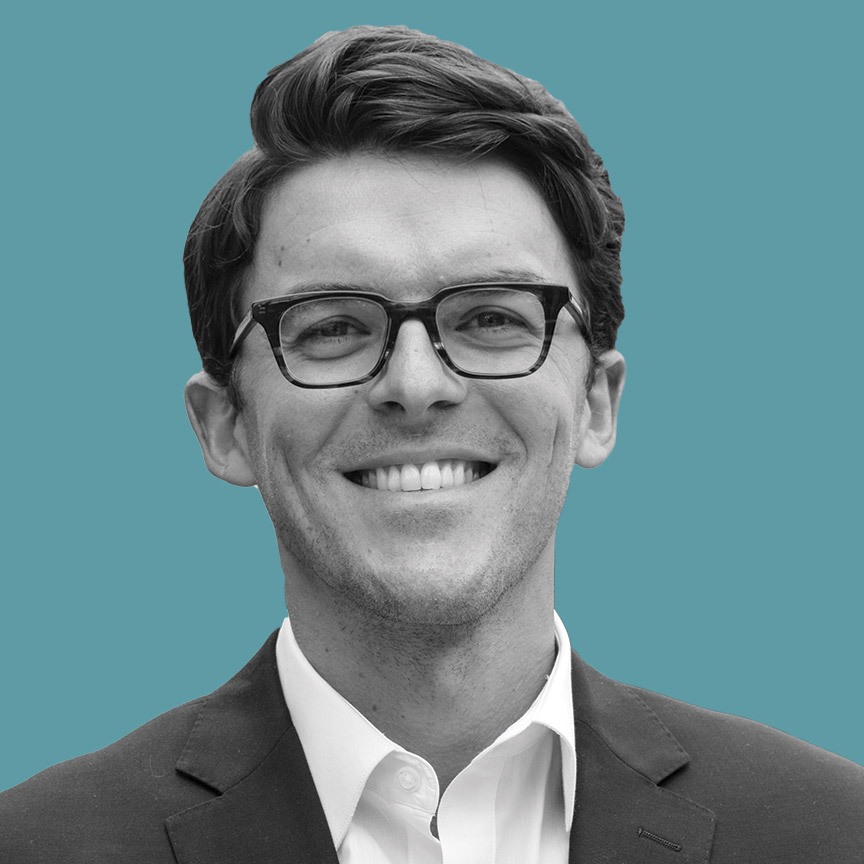
Arming Youth with the Facts
A new free course focuses on gun
violence policy and research.
On February 14, 2018, Marjory Stoneman Douglas High School in Florida became home to the deadliest shooting at a high school in U.S. history. Five surviving students quickly became the faces and voices behind the #NeverAgain national gun violence prevention movement.
“In the wake of the Parkland shooting, we’re seeing increasing youth advocacy against gun violence,” says Cassandra Crifasi, PhD ’14, MPH, assistant professor with the Center for Gun Policy and Research. “Unfortunately, there’s no program out there to arm these youth activists with the data and evidence needed to engage with gun policy and research.”
On May 1, Crifasi, along with other Center faculty, will launch a free online course on Coursera, Reducing Gun Violence in America: Evidence for Change, tailored to high school and college students.
The six-week course will cover mental health, school safety, police-involved shootings and public health interventions and will include moderated discussion forums.
“This format gives [students] access to each other, to our faculty and to our colleagues at other institutions, who are among the leading experts in evidence-based gun policy and research,” Crifasi says.

On the Wrong Track
Stigma and discrimination fuel a growing HIV epidemic.
Against a backdrop of global declines in new HIV cases, Eastern Europe and Central Asia are trending the other way, with 130,000 new infections in 2017—the highest number ever recorded in the region.
These alarming statistics are behind Chris Beyrer’s planned trip to Kyrgyzstan this April to advocate for stronger HIV services in a part of the world where stigma against the disease still runs high.
“The tools that we have, we can’t use, and that just aids and abets the virus,” says Beyrer, MD, MPH ’91, director of the Center for Public Health and Human Rights. In Russia, for example, where many new HIV cases are linked to people who inject drugs, methadone treatment for heroin addiction is illegal.
Beyrer’s Kyrgyzstan visit is the third of three CPHHR education and advocacy events funded by the Elton John AIDS Foundation, which prioritizes supporting those affected by HIV discrimination. The previous events took place in Washington, D.C., and South Africa.

Let’s Talk About Sex (Differences)
Comparing outcome data for men and women could lead to better recommendations for everyone.
In 2015, women drivers were involved in an alarming series of car crashes around the same time new research emerged indicating that daytime drowsiness was a possible side effect of the sleep aid zolpidem. The discovery that the women had all taken zolpidem—brand name Ambien—spurred the drug’s makers to examine sex as a factor in dosage. They found that women’s livers metabolize zolpidem much slower than men’s, putting the women at the wheel with a drug active in their systems well into their morning commutes.
Although a person’s sex affects everything from vaccine efficacy to organ function, clinical trials are not required to compare outcome data between the sexes, says Sabra Klein, PhD, MS, MA, associate professor in Molecular Microbiology and Immunology and president of the Organization for the Study of Sex Differences, a scientific member organization that strives to correct this notable absence of sex differences in research on everything from tissues to diseases.
At OSSD’s 13th annual meeting in Washington, D.C., May 5–8, U.S. researchers, clinicians and epidemiologists will join European colleagues from the International Society of Gender Medicine. The theme is Sex and Gender Differences Across the Life Course, and aging will be a critical topic.
“We receive support from the National Institute on Aging because they collectively want to know if men and women age differently,” Klein says. “Do the responses of cells, tissues and even organs age similarly for males and females—and how could this impact disease progression and responses to treatments?”
Klein hopes to see all attendees leave with specific examples of how and when sex matters, such as in the Ambien case, which will help them advocate for change.
“My hope for the future is a policy change for clinical trials,” Klein says. “Not only should women be included, [but] outcome data for drugs, devices and biologics should be compared between the sexes.”
In Case You Missed It
The Word on Wolfe Street
View
New research finds that the U.S. fertility rate is not high enough to replace the population, but Donna Strobino says in a January 10 NBC News story that it may stabilize after women who postponed pregnancy begin to have the babies they delayed.
Follow
“Your child’s receipt of opioids after a dental procedure may lead to long-term use or worse,” warns Caleb Alexander in a December 3 Washington Post story on the routine prescriptions of opioids to young people after wisdom-tooth extraction.
"We've tended to underestimate how important the first opioid prescription can be."
Read
The work of Frank Lin and colleagues is the focus of a December 31 New York Times story on the links between untreated hearing loss and associated health impacts, including dementia, depression and increased hospitalizations.
Share This: In 2019, I'm Looking Forward To ...

Jennifer Kavran
Biochemistry and Molecular Biology
This year is all about growth and change—following up on a discovery from my lab on how cell growth is regulated, looking forward to working with our new BMB chair and renovating my old Victorian house in the city.

Noel Mueller
Epidemiology
I look forward to playing songs on the ukulele, going for nature hikes and reading books with the recent addition to our family—Cora Louisa Mueller, 3 months. Her presence in our life is already making 2019 the best year yet.
Events Watch
Preventable Harm
3 Questions for Elizabeth Letourneau, PhD, MA
The annual symposium of the Moore Center for the Prevention of Child Sexual Abuse on April 11 aims to reinforce the message that CSA is a preventable public health problem, says Center director Elizabeth Letourneau.
What can we expect at the symposium?
We’ll highlight promising evidence-based CSA prevention efforts, including a presentation from the UK-based campaign Stop It Now!, as well as new research, policy concerns and stories from people directly affected by CSA.
Can you describe a Moore Center prevention initiative?
We developed Help Wanted, an online program for young people who have a sexual interest in children. They want help, both with managing their sexual interest and with the stigma and shame.
Do you see a shift in the conversation about CSA?
With the #MeToo movement, the Pennsylvania grand jury report [on CSA in the clergy] and the Larry Nassar trial, it feels like a moment to advance CSA prevention that won’t evaporate as others have.
